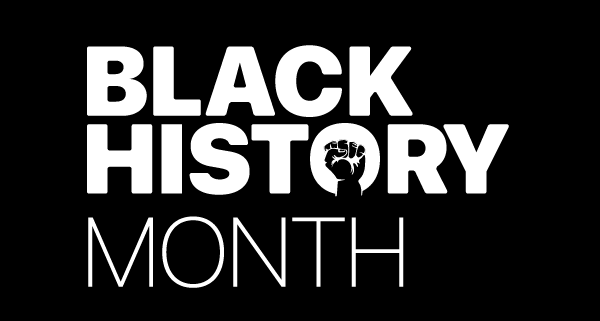Black History Month
Black History Month
In the month of October we celebrate Black History Month. When we look at the current events happening all over the world in response to the killing of American George Floyd. We can see that it has never been more important to understand about the many different cultures that make up our society.
Throughout this month we will be remembering great historical black figures and events by posting information on our respective student and staff portals.
First up the Windrush Generation!
Windrush generation
In 1948, hundreds of people from the Caribbean boarded the ship Empire Windrush and travelled to Tilbury Docks in Essex. With them they brought an explosion of dance, art, writing and music which would transform British culture.
The British Trinidad-born poet, novelist, musician and academic Anthony Joseph, about how the arrival of the Windrush changed the UK.
Who are the Windrush Generation?
The Windrush Generation includes anyone who immigrated to Britain from the Caribbean between 1948-1973.
After WWII, large parts of Britain were in desperate need of rebuilding, so the UK actively invited immigration from Commonwealth nations. There was no shortage of jobs in industries such as National Rail and the NHS, and public transport recruited almost exclusively from Jamaica and Barbados. But, despite the invitation, Caribbean people were often met with intolerance from large parts of the white population. The first Windrush arrivals were often denied accommodation and access to some shops, pubs, clubs and even churches.
Anthony reminds us that Windrush was not the beginning of multicultural Britain. “We’ve been coming here since the 1800s,” he says. “The Windrush arrived at a particular time in UK history when British culture was open. There was a space there after WWII, and I think a lot of British people were still trying to figure out what it meant to be British.”
“So, politically, the impact of the Windrush Generation’s arrival expanded the definition of what Britain was.”
The arrival of this generation would go onto have a one of the biggest impacts on British culture that we are still seeing today, from Music, Visual art, and literature to the influence on our dining culture and even impacting the development of the English language – “Hello “Wagwan”.
I would highly recommend looking into this era of British history on your own time, it’s truly fascinating and tracks the incredible cultural shift that has occurred over the past 50 years.


